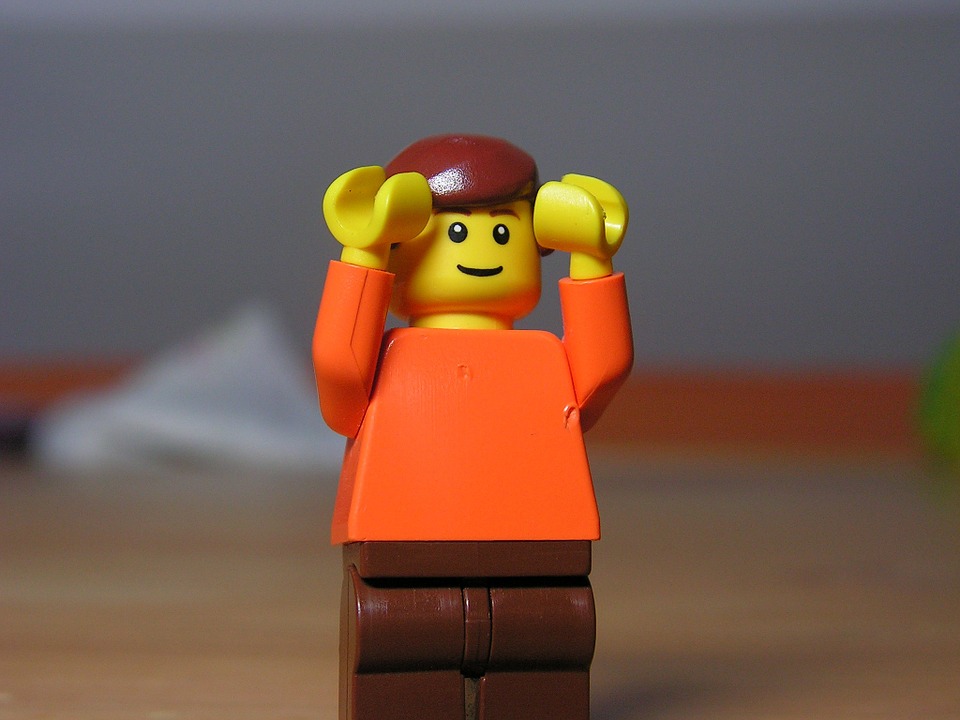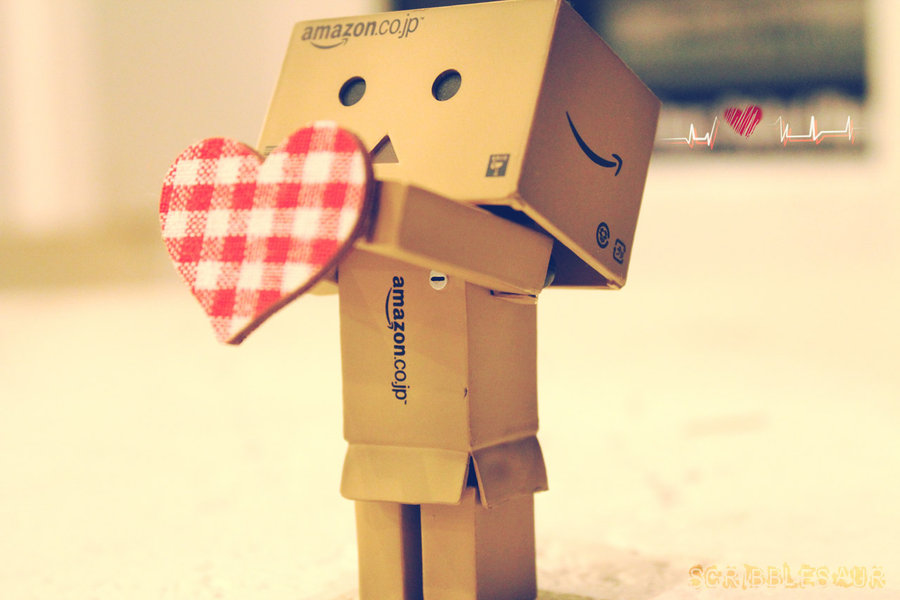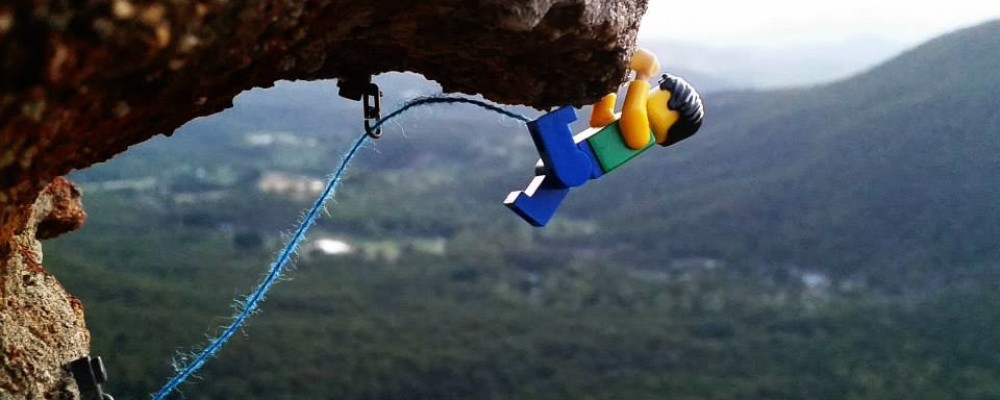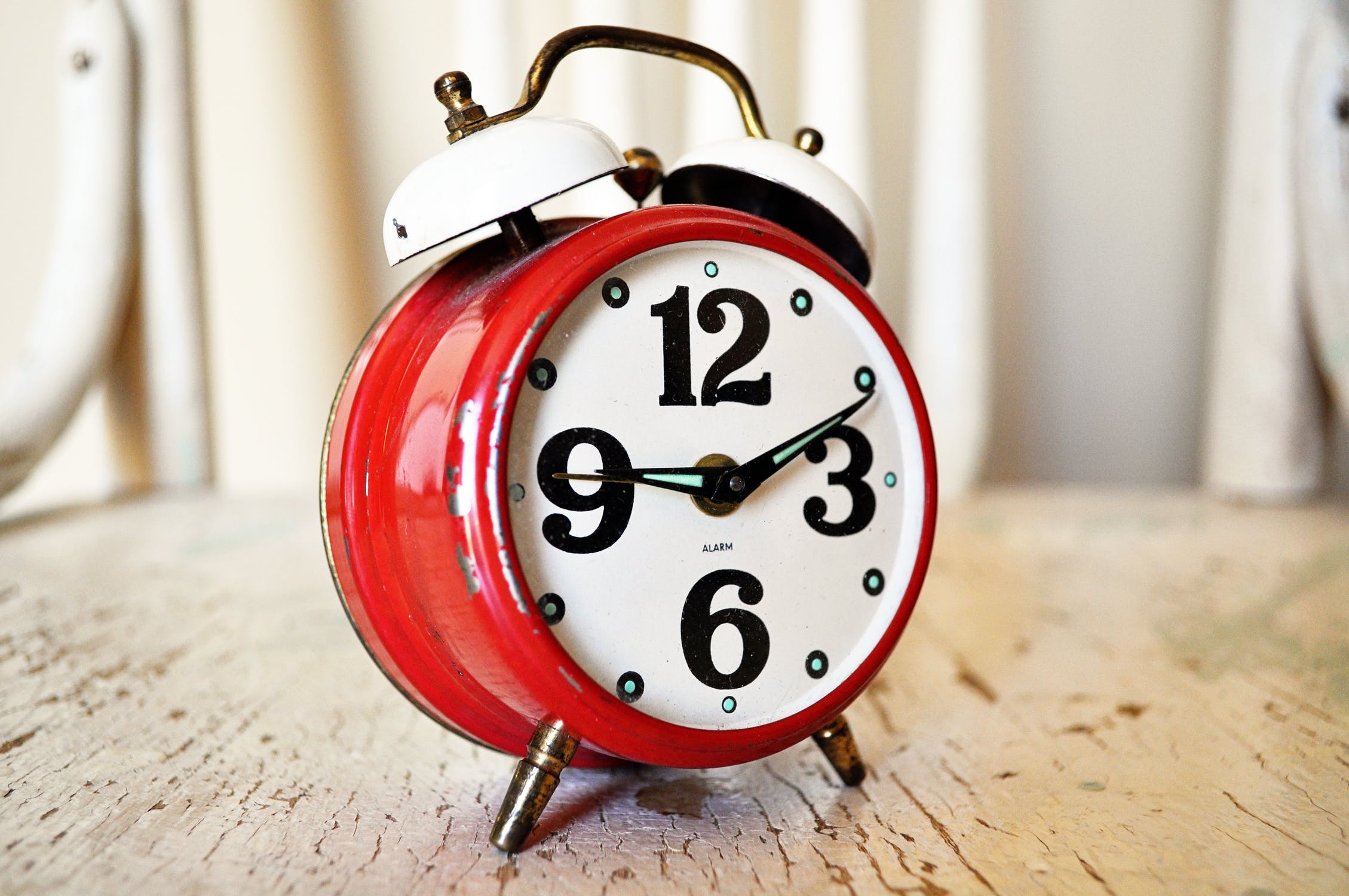More than ever people are talking about how to be successful. Successful people in the conventional sense (rich or famous or both) are constantly in the media giving advice and showing us how we can have what they have.
Often, we allow external forces such as this media exposure as well as family and friends to define success for us. A trap I fell into at a young age. I looked externally for validation, copying others to fit in and wanted to be liked.
Back then I was troubled, a child from a broken home. My brother and I did some things I’m not proud of and my childhood isn’t one I want for my children.
A feeling that haunted me was one of failure. At age 8 it all became too much for me. One morning I opened the second story window of the bedroom I shared with my twin brother, as I looked around and listened to make sure no one else was there I climbed out onto the ledge. I then sat down, dangling my legs in the cool air, staring at the concrete below me. I don’t remember wishing I was dead, I doubt I fully understood the concept of suicide, though I do remember thinking it was a way out, so I jumped.
I remember hearing shouting and being still. I was uncomfortable and in pain so I waited for whoevers voice I had heard to come and find me. It was a friend, he was calling by as he wanted to team up and have some fun. He saw the whole thing from across the street.
That friend thought it was cool and had no idea of the motivation behind my jump. Miraculously no bones were broken and I recovered quickly. When my mum asked why, I couldn’t tell her the truth, she wasn’t equipped to hear it and was already doing all she could to make sure we had a home, food and clothing. I didn’t want to burden her even more.
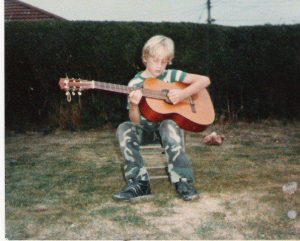
Moments of happiness for me were when I had music, the Beatles were and still are a massive part of my life.
Fast forward to my twenties, I still felt disconnected. I was regretting an engineering career over science and medicine. My thinking was that if I’d chosen medicine I could have travelled the world and helped others. Instead I was in a small town and part of an industry quickly being outsourced to China.
That’s when I was introduced to Stephen Coveys book the 7 habits of highly effective people. Until then I’d had no real guidance or mentorship in my life. It turns out the principles and values detailed in his book were the missing link to my personal success.
“In the space between stimulus (what happens) and how we respond, lies our freedom to choose. Ultimately, this power to choose is what defines us as human beings. We may have limited choices but we can always choose. We can choose our thoughts, emotions, moods, our words, our actions; we can choose our values and live by principles. It is the choice of acting or being acted upon.” – Stephen Covey
A year later I began my real travels, helping people in other ways. From teaching engineering in Nigeria to tutoring on technology and the internet out of cafes in Asia and Australia.
I’m successful. I’m not famous and I’m not a millionaire. I do have great friends who I care for deeply, a wonderful wife and cracking children. I wasn’t even sure I’d ever be a dad yet here I am with 2 of them, thats success in my book. They have mentorship, a focus on play and a stable home.
Success is contextual, we’re all successful in our own way, even if it’s as simple as getting out of bed in the morning.
I’m successful, you’re successful too.
